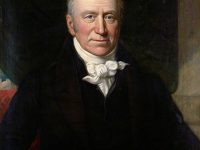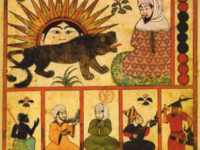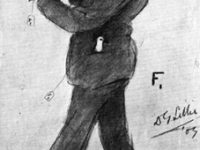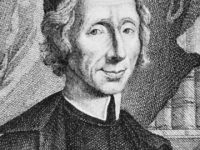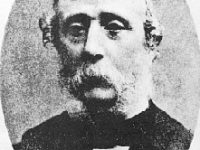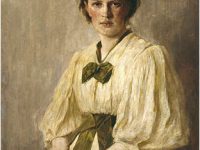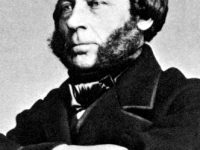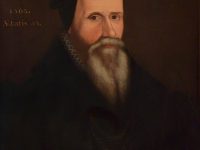Paul Bartsch Interest in Molluscs
On August 14, 1871, American malacologist and carcinologist Paul Bartsch was born, Bartsch was an authority on molluscs, but had broad interests in natural history including plants and birds. He was named the last of those belonging to the “Descriptive Age of Malacology. Paul Bartsch – Youth and Education Paul Bartsch was born in Tuntschendorf, Silesia, and emigrated with his parents to the U.S.A in 1880, first to Missouri and then to Burlington,…
Read more


